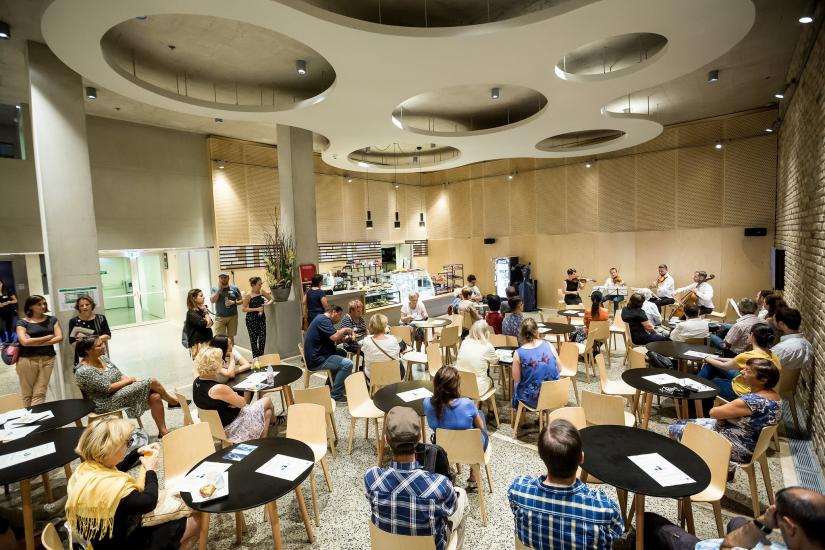
Please note that this is an online event for the CEU Community only.
If you wish to attend, please email dnds@ceu.edu for an internal meeting invite.
ABSTRACT / Teams have become a popular organization form since well-functioning task-focused groups are basic pillars of successful organizations. While there is much interest in contemporary social science in understanding team processes that lead to efficiency, most of these researches rely heavily on self-reported data yielding static and potentially biased information and tends to overlook actual interaction processes. We propose a novel approach that allows portraying a nuanced, complex picture of problem-solving group behavior by measuring performance dynamics as it evolves in real-time, in a controlled environment. The research aims to explore how collaboration networks of small project teams evolve across time and team members, and how it relates to successful task performance. We investigate interaction patterns in escape rooms, where all teams are video recorded during the task-solving process in the same experimental environment. We expected that homogeneous distribution of interaction ties across time and team members fosters successful problem-solving. Concerning the impact of the initial social roles on the dynamics of the interaction pattern, we hypothesized that flexible, less hierarchical team structures favor for problem-solving. This research aims to advance the new science of teams' by focusing on the network micro-mechanisms that allows us to treat teams as dynamic, adaptive, task-performing systems.
Keywords: collaboration; group processes; performance; social networks; social role